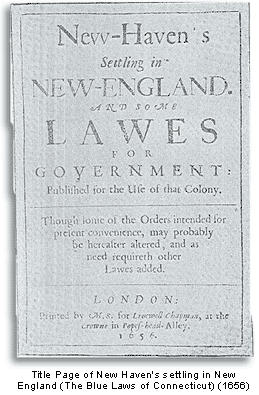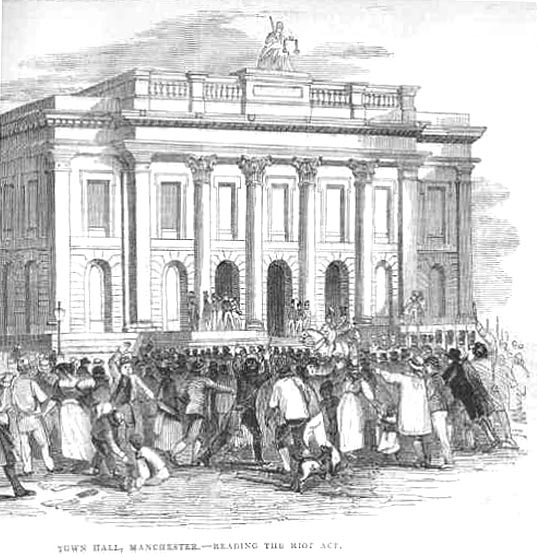I’ll paste the entire content of the article, which can be found by clicking here. I will bold the points I find most interesting, followed by my comments below.
ScienceDaily (July 6, 2010) — Research into grammar by academics at Northumbria University suggests that a significant proportion of native English speakers are unable to understand some basic sentences.
The research, conducted by Dr Ewa Dabrowska, showed that basic elements of core English grammar had not been mastered by some native speakers.
The project assumed that every adult native speaker of English would be able to understand the meaning of the sentence:
“The soldier was hit by the sailor.”
Dr Dabrowska and research student James Street then tested a range of adults, some of whom were postgraduate students, and others who had left school at the age of 16. All participants were asked to identify the meaning of a number of simple active and passive sentences, as well as sentences which contained the universal qualifier “every.”
As the test progressed, the two groups performed very differently. A high proportion of those who had left school at 16 began to make mistakes. Some speakers were not able to perform any better than chance, scoring no better than if they had been guessing.
Dr Dabrowska comments: “These findings are ground breaking, because for decades the theoretical and educational consensus has been solid. Regardless of educational attainment or dialect we are all supposed to be equally good at grammar, in the sense of being able to use grammatical cues to understand the meaning of sentences.
“Of course some people are more literate, with a larger vocabulary and greater exposure to highly complex literary constructions. Nevertheless, at a fundamental level, everyone in a linguistic community is supposed to share the same core grammar, in the same way that given normal development we can all walk.”
The supposition that everyone in a linguistic community shares the same grammar is a central tenet of Noam Chomsky’s theory of universal grammar. The theory assumes that all children learn language equally well and that there must therefore be an underlying common structure to all languages that is somehow “hard-wired” into the brain.
Dr Dabrowska has examined other explanations for her findings, such as limitations to working memory, and even so-called “test wiseness,” but she concluded that these non-linguistic factors are irrelevant.
She also stressed that the findings have nothing to do with intelligence. Participants with low levels of educational attainment were given instruction following the tests, and they were able to learn the constructions very quickly. She speculates that this could be because their attention was not drawn to sentence construction by parents or teachers when they were children.
She adds: “Our results show that a proportion of people with low educational attainment make errors with understanding the passive, and it appears that this and other important areas of core grammar may not be fully mastered by some speakers, even by adulthood.
“These findings could have a number of implications. “If a significant proportion of the population does not understand passive sentences, then notices and other forms of written information may have to be rewritten and literacy strategies changed.
“What’s more, the existence of substantial individual differences in native language attainment is highly problematic for one of the most widely accepted arguments for an innate universal grammar: the assumed ‘fact’ that all native speakers of a language converge on essentially the same grammar. Our research shows that they don’t.”
Dr. Dabrowska presented her findings in a keynote lecture at the UK Cognitive Linguistics Association Conference on July 7.
When I first skimmed the study, I assumed that it was about people who were not born in English-speaking countries, and their issues with understanding grammar. To see that these comprehension difficulties were with native English speakers was pretty surprising to me. It always seemed logical to me (and apparently to the grammar and linguistic theorists as well), that while people may have different vocabularies and levels of grammar understanding, that if you were born and raised here you would have a basic understand of the general grammar rules.
The example cited in the study was “The soldier was hit by the sailor.” I erroneously assumed that this “basic” sentence would be understood universally by native English speakers. I thought that even the group that left school at 16 would have no problem with this sentence; there are no sneaky punctuation marks and no difficult words to comprehend. Apparently, the issue with comprehension was that it’s a passive sentence. This caught me completely by surprise.
Dr. Dabrowska noted that it was not an intelligence issue, and that once those with comprehension issues were taught the correct usages, they learned it quickly.
What is somewhat unsatisfactory is her speculation that this could be because their attention was not drawn to sentence construction by parents or teachers when they were children. I’m not sure that I have a better explanation, but just by hanging out with friends or coworkers or television one might limn enough about sentences to figure it out.
I guess we were all wrong.



























































